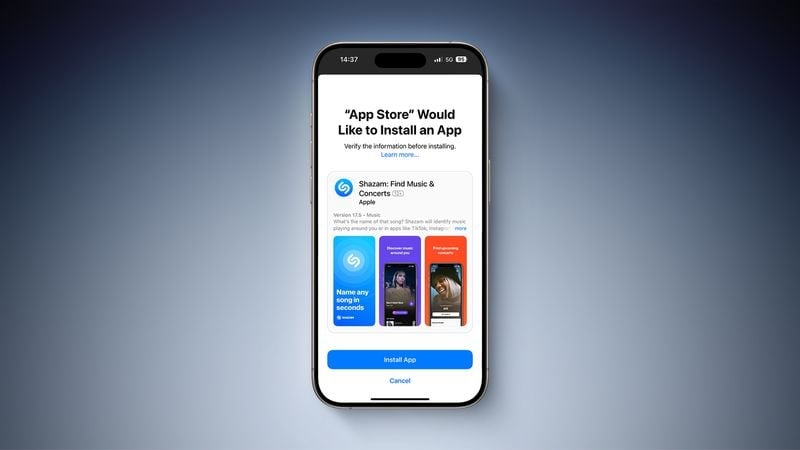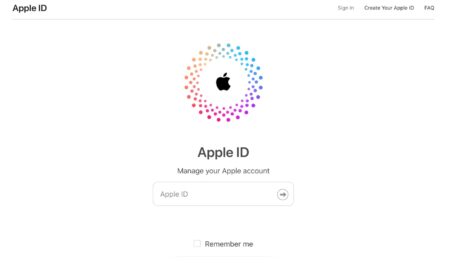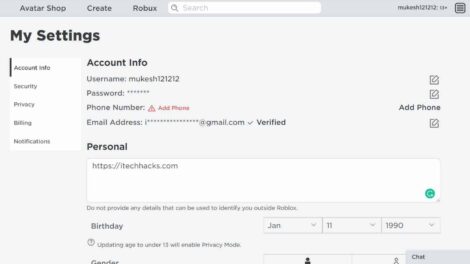As part of sweeping European Union legislation aimed at increasing big tech accountability, Apple has unveiled an additional app verification display for its iOS App Store specific to the EU.
Designed to boost consumer visibility into app developer identities, data practices and transparency around why specific device permissions are requested, the move reignited debate around balancing innovation against potential regulatory overreach.
Let’s analyze the key drivers spurring this shift, precise verification screen requirements, developer compliance implications and overall industry reactions to this still controversial digital policy update.
New EU Policies Demand App Store Changes
Apple’s rollout links back to specific EU digital governance reforms labeled the Digital Markets Act (DMA) and broader global app economy scrutiny:
- Digital Markets Act: Aims to limit anti-competitive behavior by big technology players like Apple within the EU economic zone.
- App Tracking Transparency: Recent privacy changes already impacted digital advertising platforms’ data gathering capabilities.
- Wider App Store Scrutiny: Regulators globally are assessing if dominant app storefronts like Apple abuse their gatekeeper power.
By mandating increased visibility into the apps iOS users install, including the developers behind them, the DMA hopes to educate consumers on potential data risks.

What the Expanded App Review Screen Shows
Specifically, Apple’s updated app verification display requires showing prospective users:
- Developer identity verification markers confirming legitimacy.
- Precise explanations of why the app requests access to specific iOS permissions.
- Summaries of the developer’s privacy practices and data handling policies.
- Recent user ratings and reviews to enable more informed installations.
Together, these enhancements promise to shed more light on who creates apps, why they need sensitive access, and how user data ultimately gets utilized once granted by consumers.
The Work Needed to Maintain Compliance
For developers selling apps in EU app storefronts, extra effort is now essential to remain listed:
- More Stringent App Review: Stricter analysis of permission necessity and user benefit explanations.
- Detailed Privacy Policy Requirements: Precise data collection/usage documentation is mandatory.
- Ongoing Monitoring Overhead: Continuously validating app behavior matches privacy terms documentation.
Depending on app complexity, fulfilling these added transparency conditions could introduce major development roadblocks or require engineering staff augmentation.
Differing Perspectives on Consumer Value
Industry reactions remain mixed regarding whether enhanced app insight delivers actual user protection:
“This unprecedented view into each app finally empowers users to make informed decisions about risks.”
– Giselle Campos, Founder of App Watchdog
“These politicians clearly lack app development expertise. Overbearing governance will severely hinder EU innovation and growth.”
– Devon Banks, AppGood CEO
Most observers fall somewhere along this spectrum – applauding transparency intent but questioning if regulations ultimately overextend into engineering minutiae beyond regulator qualification or mandate.
What Comes Next: More Reform or Balance?
For now Apple’s supplemental app insights join Germany and Netherlands mandates providing users heightened installation visibility. Time will tell whether this European-led consumer protectionism proves successful or encumbers mobile innovation through unintended future consequences.
One certainty remains – the global app economy now finds itself under intensified scrutiny. All key players face increased pressure to balance transparency, choice and privacy with rapid technological progress expected by modern digital consumers.










Add Comment